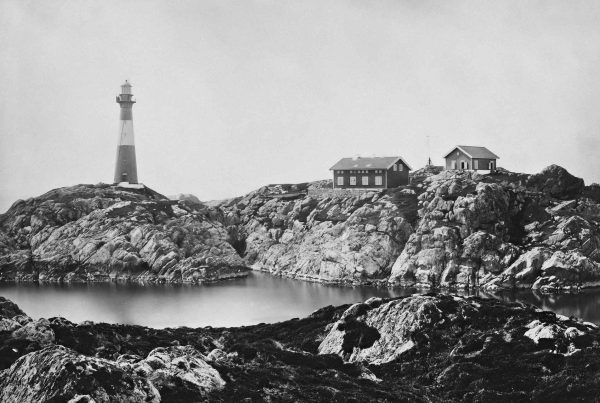 POST-KANTIAN PHILOSOPHY IN THE NINETEENTH CENTURY
POST-KANTIAN PHILOSOPHY IN THE NINETEENTH CENTURY
 BRANCHES OF PHILOSOPHY
BRANCHES OF PHILOSOPHY
BRANCHES OF PHILOSOPHY
 PREDICATE CALCULUS (PREDICATE LOGIC)
PREDICATE CALCULUS (PREDICATE LOGIC)
PREDICATE CALCULUS (PREDICATE LOGIC)
 ARISTOTLE
ARISTOTLE
ARISTOTLE
 EPISTEMOLOGY
EPISTEMOLOGY
EPISTEMOLOGY
 THE ARGUMENTATIVE PAPER
THE ARGUMENTATIVE PAPER
THE ARGUMENTATIVE PAPER
 LOGICAL ATOMISM
LOGICAL ATOMISM
LOGICAL ATOMISM
 PHILOSOPHY OF LAW
PHILOSOPHY OF LAW
PHILOSOPHY OF LAW
 SKEPTICISM (PYRRHONISM)
SKEPTICISM (PYRRHONISM)
SKEPTICISM (PYRRHONISM)
 AFRICAN PHILOSOPHY
AFRICAN PHILOSOPHY
AFRICAN PHILOSOPHY
 THE EARLY MODERN PERIOD
THE EARLY MODERN PERIOD
THE EARLY MODERN PERIOD
 PHILOSOPHIES OF EAST ASIA
PHILOSOPHIES OF EAST ASIA
PHILOSOPHIES OF EAST ASIA
 PHENOMENOLOGY
PHENOMENOLOGY
PHENOMENOLOGY
 INTRODUCTORY PHILOSOPHY TEXTS
INTRODUCTORY PHILOSOPHY TEXTS
INTRODUCTORY PHILOSOPHY TEXTS
 NON-WESTERN PHILOSOPHICAL TRADITIONS
NON-WESTERN PHILOSOPHICAL TRADITIONS
NON-WESTERN PHILOSOPHICAL TRADITIONS
Logic
Books
-
The Gay Science
$21.53 -
Discourses and Selected Writings (Penguin Classics)
$15.99 -
Zen and the Art of Motorcycle Maintenance: An Inquiry into Values
$22.79 -
Build Emotional Resilience: Learn to Detach, Stop Over-Thinking, Master Your Emotions, and Bounce Back Effortlessly to Thrive in a Chaotic Environment (Fearless Empathy)
$18.99 -
System of Transcendental Idealism (1800)
$23.50 -
Either/Or: A Fragment of Life (Penguin Classics)
$15.97 -
The Moral Writings of John Dewey (Great Books in Philosophy)
$17.99 -
Genome: The Autobiography of a Species in 23 Chapters
$9.99 -
The Boy, the Mole, the Fox and the Horse Deluxe (Yellow) Edition: A Great Gift for Book Lovers
$13.71 -
Plasticity: The Promise of Explosion
$29.95 -
Meditations
$3.28 -
Feline Philosophy
$13.99 -
God Is Bigger Than the Bible
$13.39 -
Stillness is the Key: An Ancient Strategy for Modern Life
$20.95 -
The Prince | Niccolò Machiavelli
$7.99 -
The Marxification of Education: Paulo Freire’s Critical Marxism and the Theft of Education
$17.24
The Atomos Blog
Philosophy of Law: An Introduction
Philosophy of Law: An Introduction
Philosophy of Science: An Introduction
Aesthetics: An Introduction
Epistemology: An Introduction
Ethics: An Introduction
Logic: An Introduction
Metaphysics: An Introduction
Philosophy of History: An Introduction
Philosophy of Language: An Introduction
Philosophy of Mind: An Introduction
Philosophy of Technology: An Introduction
Political and Social Philosophy: An Introduction
Environmental Philosophy: An Introduction
Existentialism and Phenomenology: An Introduction
Feminist Philosophy: An Introduction
Philosophy of Mind: An Introduction
Terms & Concepts

Formal cause


































































